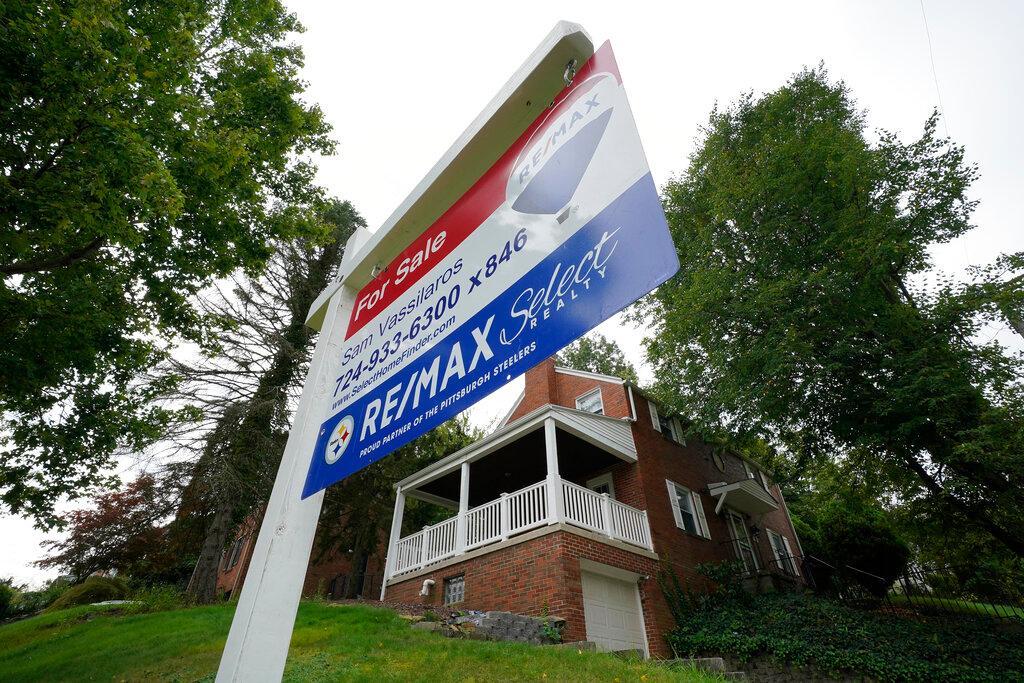Mortgage interest rates shot up dramatically this week to their highest rates in three years, taking its toll on loan demand, especially regarding refinances, said the Mortgage Bankers Association’s seasonally adjusted index report on March 23.
The rapid increase is threatening to cool down the red-hot housing market.





